101 GPTs for Music Analysis Powered by AI for Free of 2026
AI GPTs for Music Analysis are advanced computational tools designed to interpret, understand, and generate insights from music and its components. Leveraging Generative Pre-trained Transformers, these tools are adept at processing a wide range of music-related data, from audio files to notations and lyrics. Their relevance lies in the ability to offer bespoke solutions in musicology, music production, and music education, simplifying complex analyses and enhancing creative processes.
Top 10 GPTs for Music Analysis are: Music Score,UDIO Prompt Wizard,Music Composer Analysis작사 작곡,Music for Eyes,AiXel Jazz-Orchestrator,Score Companion,Music21 Composer,Trackify Stats,Piano Basics Tutor,Purple Yoda
Music Score
Transform Video to Sheet Music
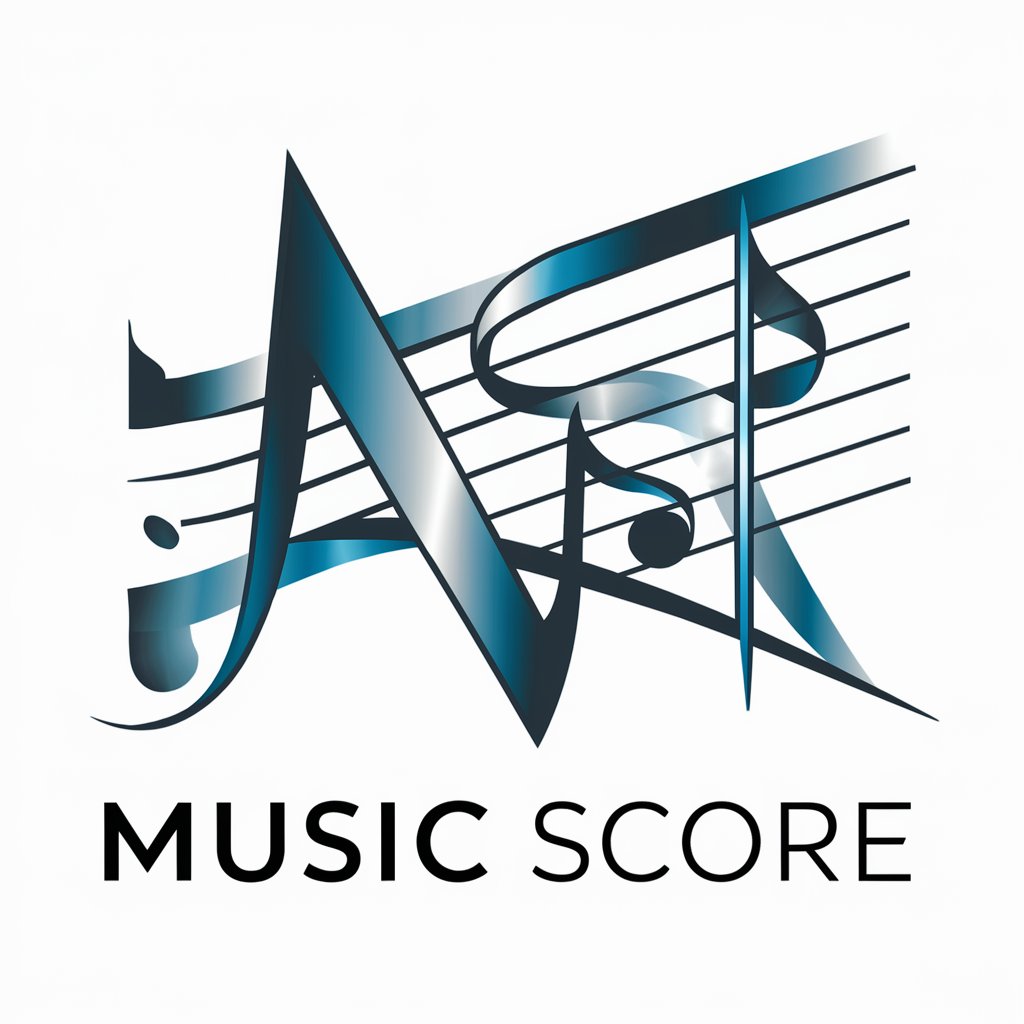
UDIO Prompt Wizard
AI-powered tool for detailed prompts

Music Composer Analysis작사 작곡
AI-Powered Music Creation and Insight
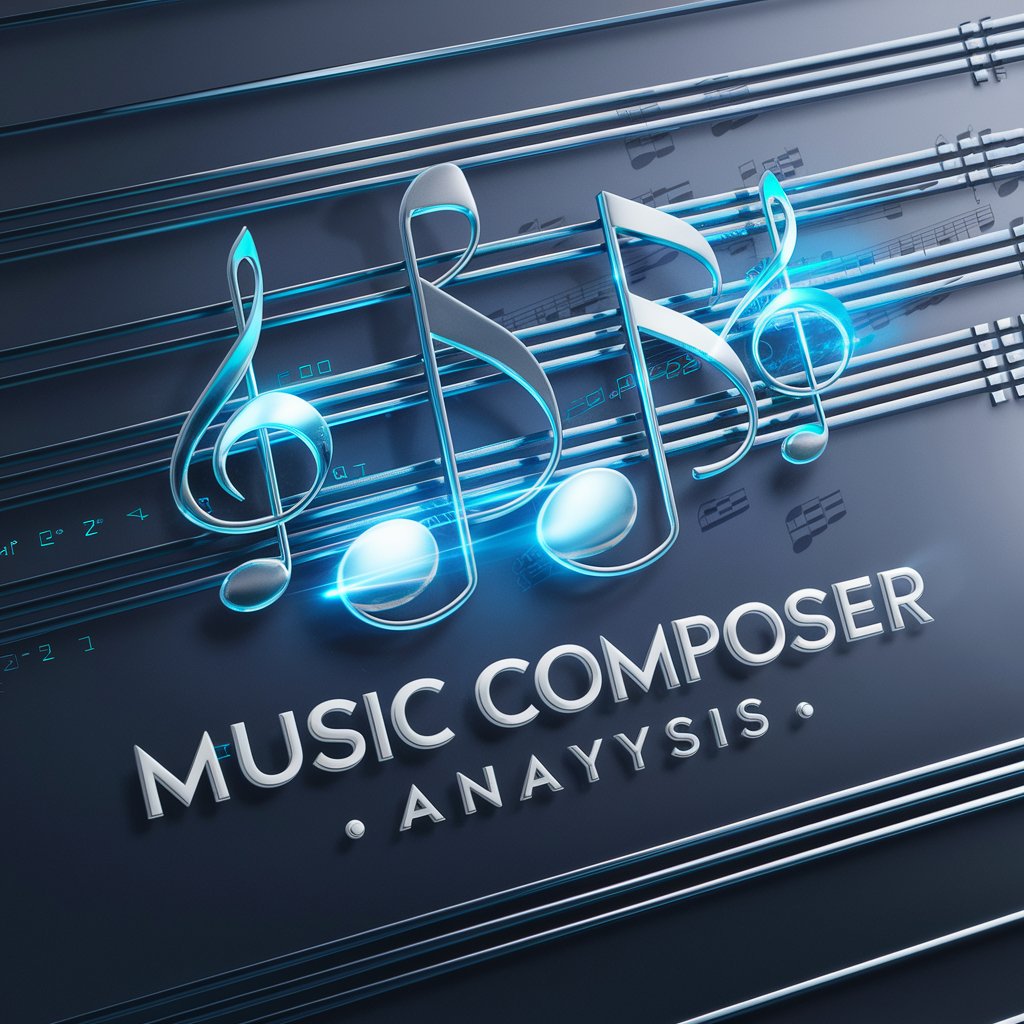
Music for Eyes
Transforming Music into Visual Stories
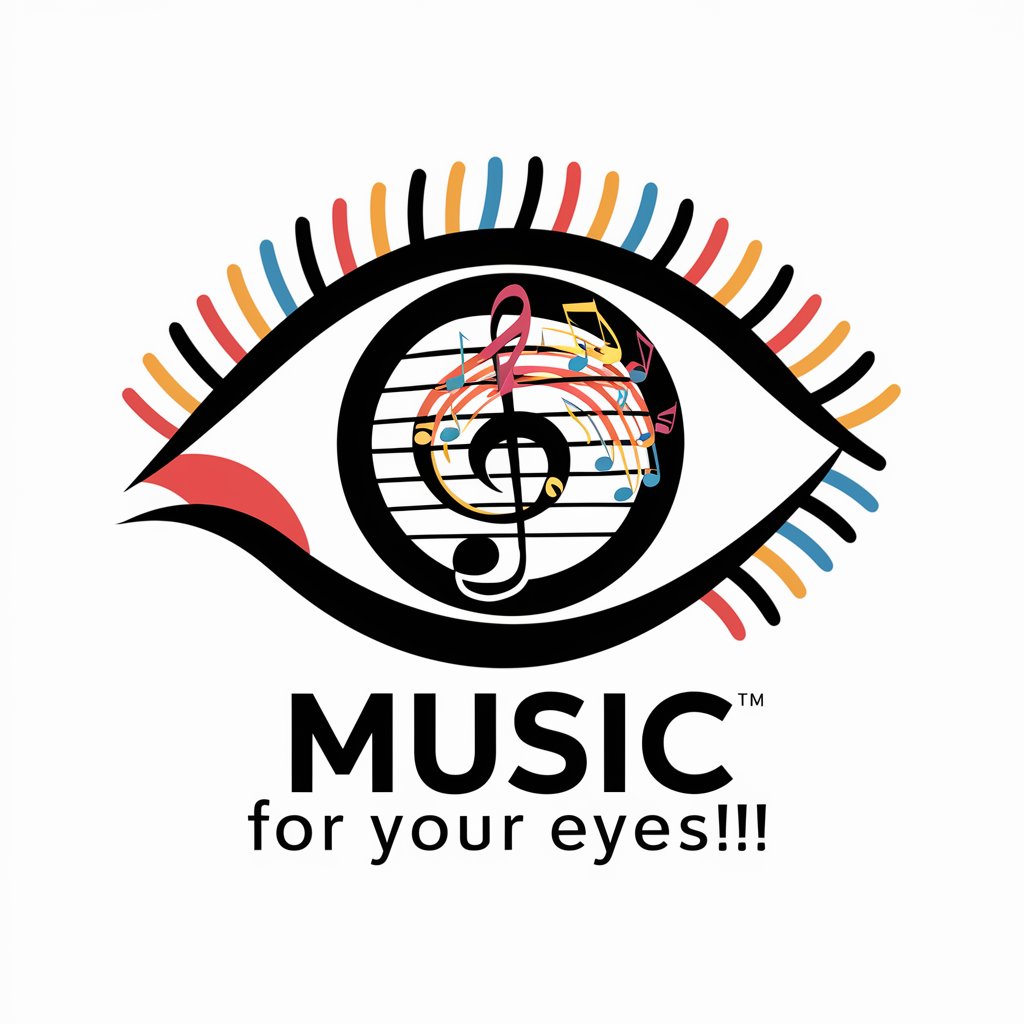
AiXel Jazz-Orchestrator
Harmonize Your Jazz with AI
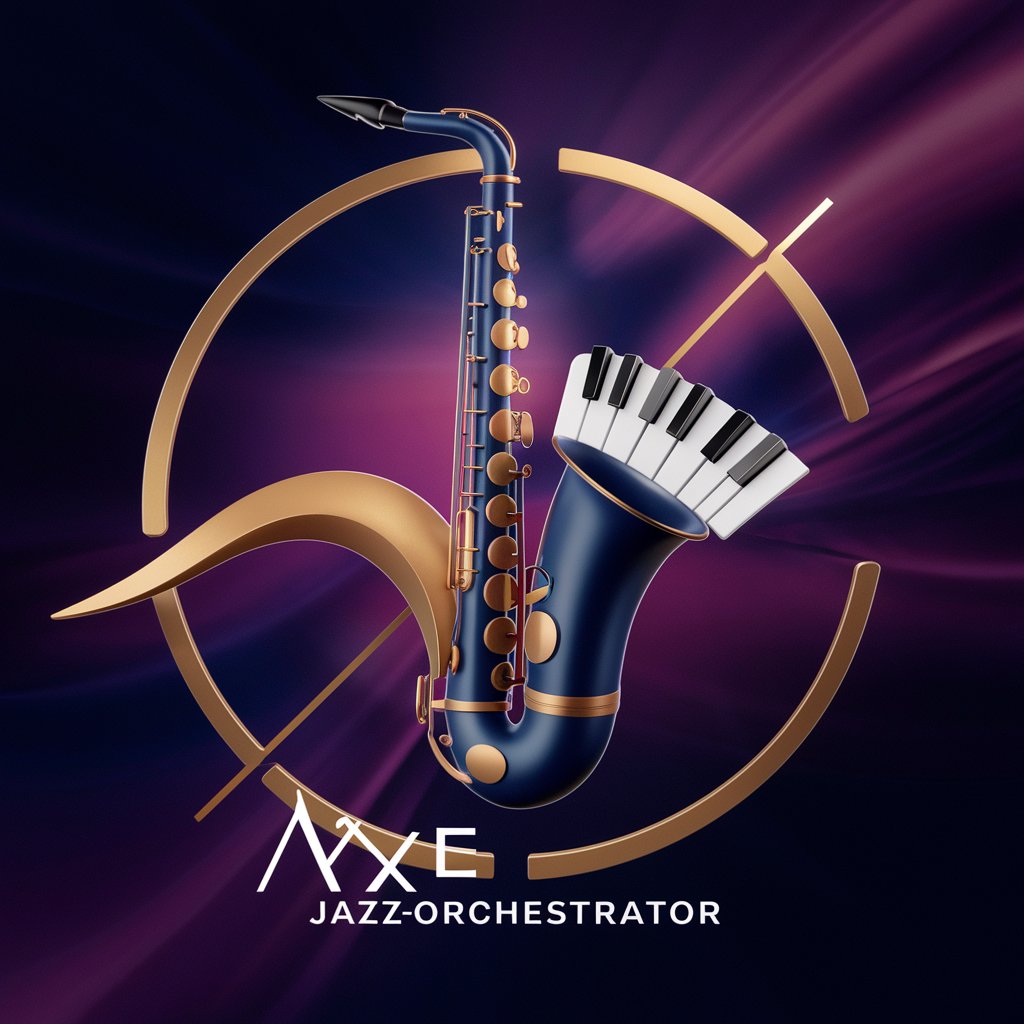
Score Companion
Revolutionizing Music with AI-Powered Analysis
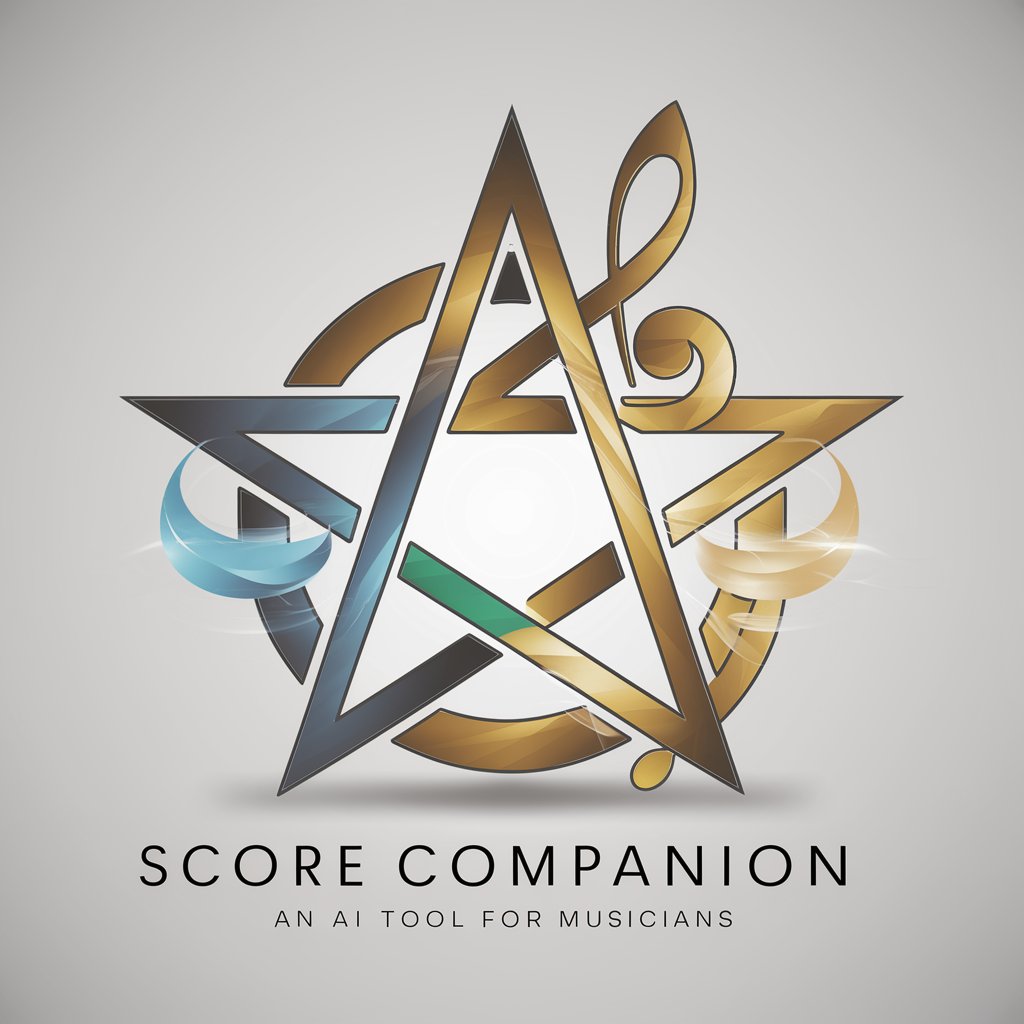
Music21 Composer
Compose and analyze music with AI.
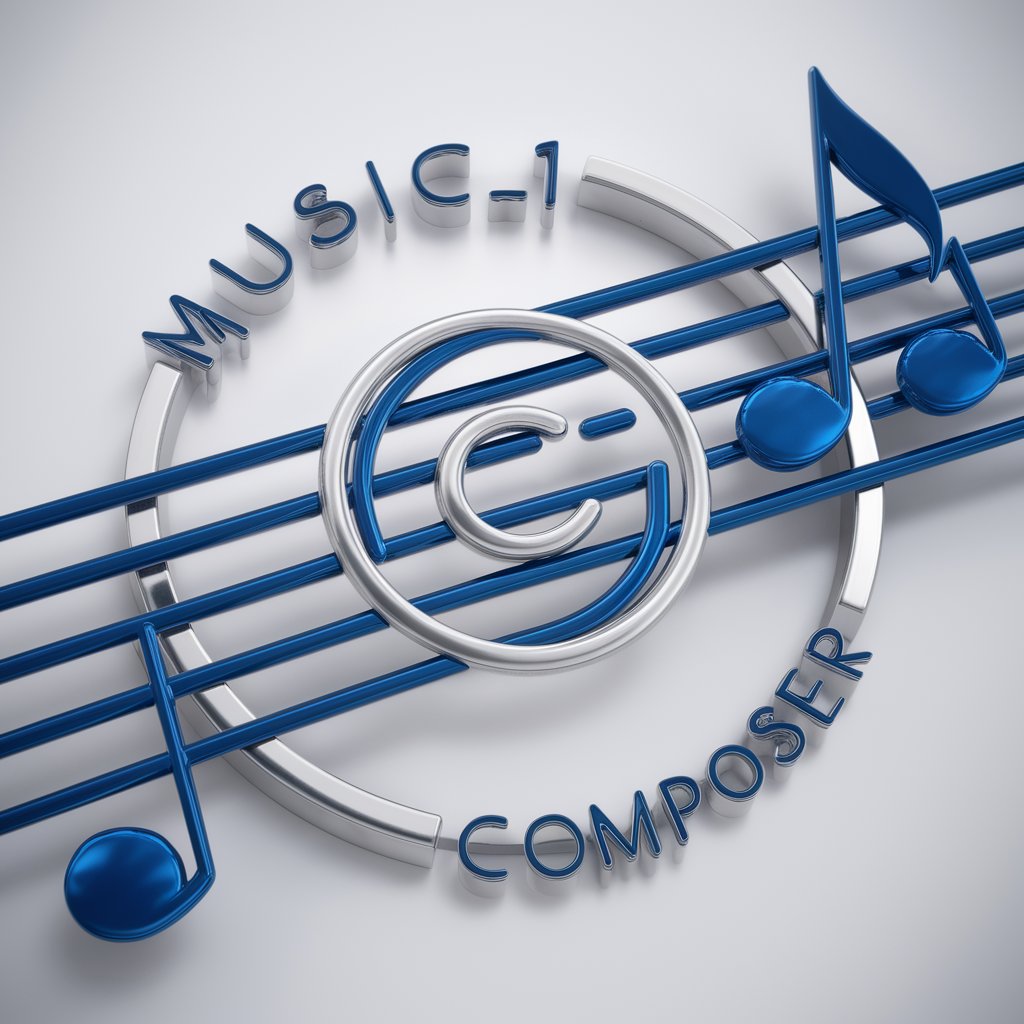
Trackify Stats
Unveil Your Music DNA with AI
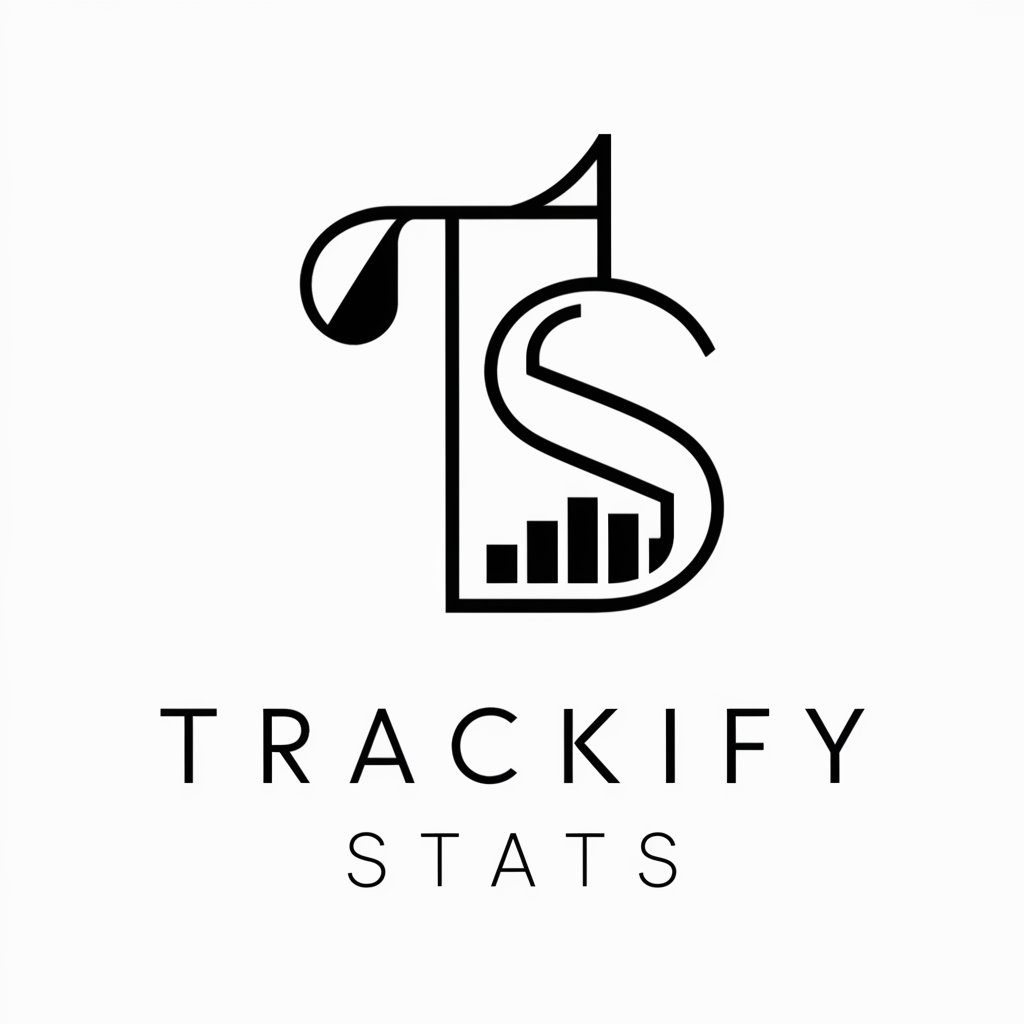
Piano Basics Tutor
Master the keys with AI-driven guidance.
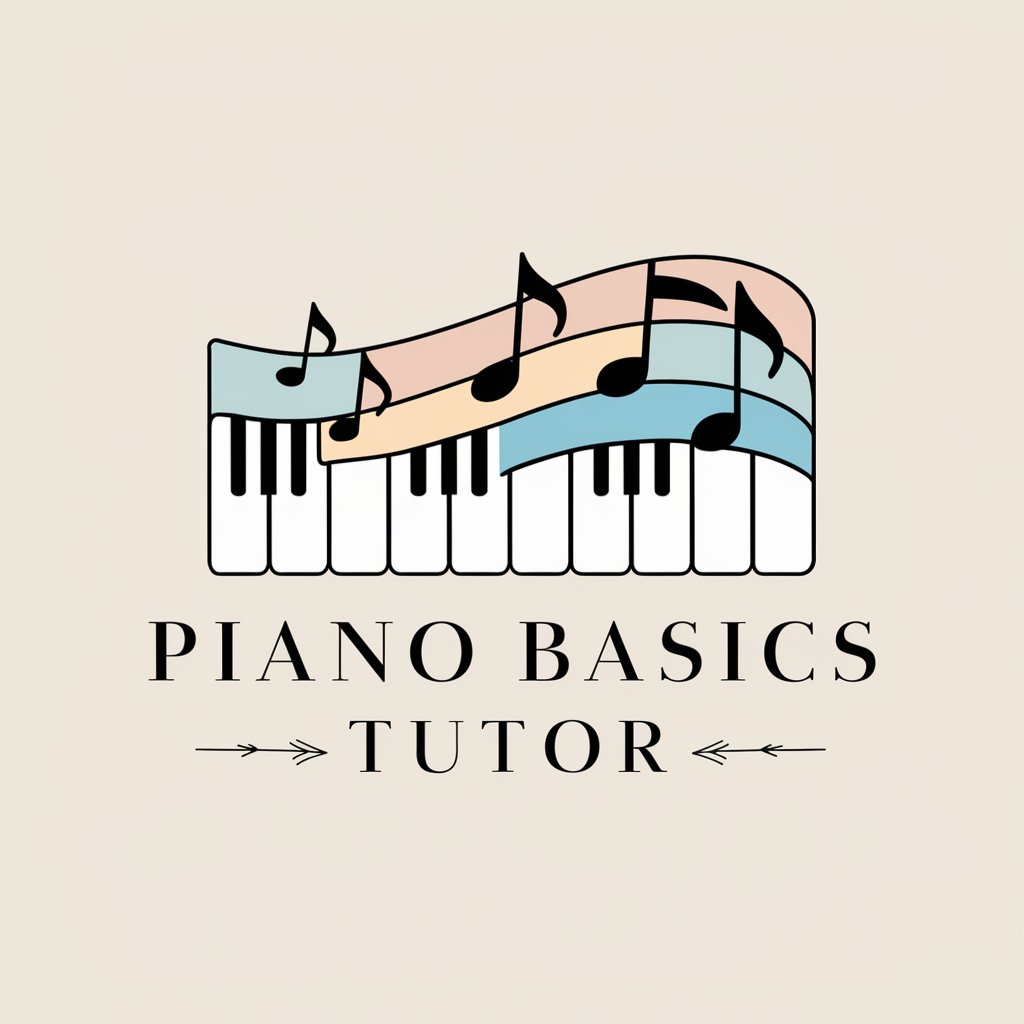
Purple Yoda
Discover insights through Prince's lyrics.

Audio Analyzer with Python Limitations
Unravel audio secrets with AI
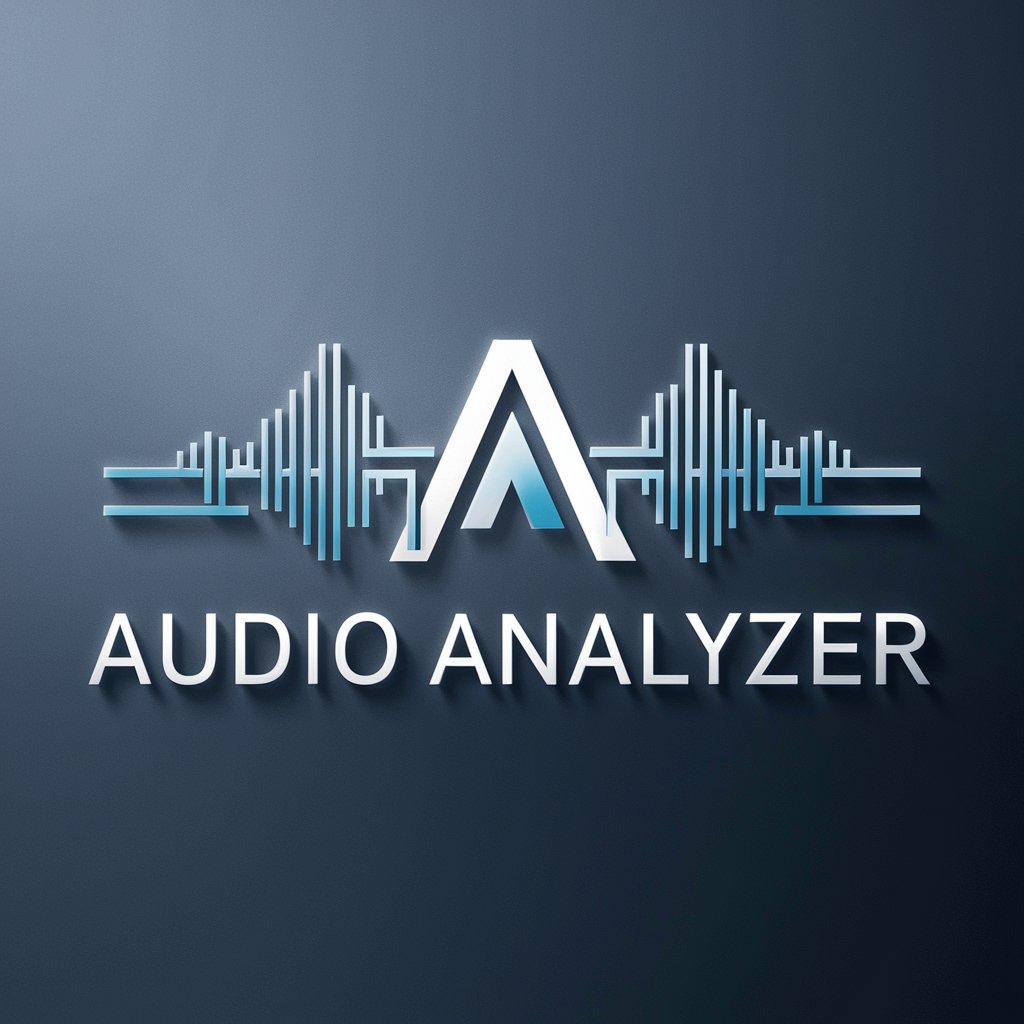
Conservatory Guider
Elevating Musical Journeys with AI Insight
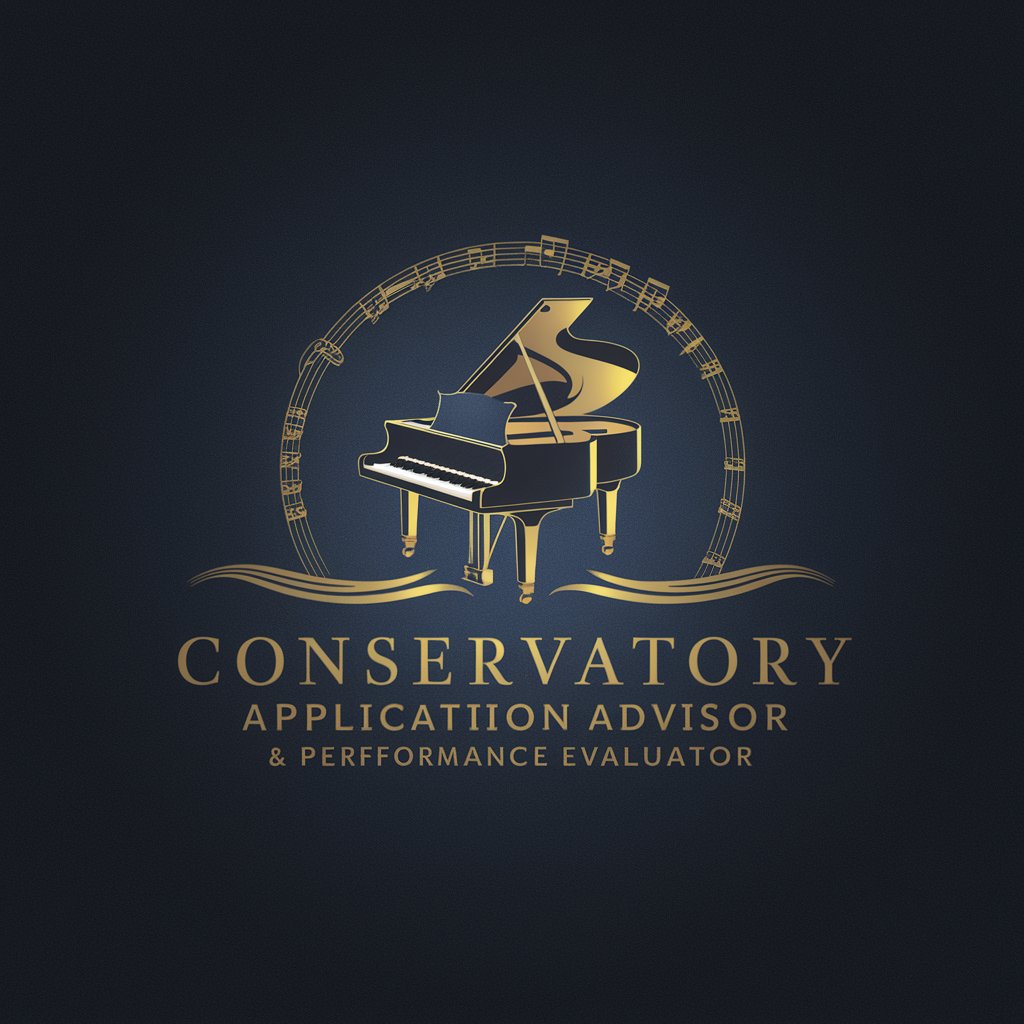
Fact or Cap
Unveiling truths with AI power
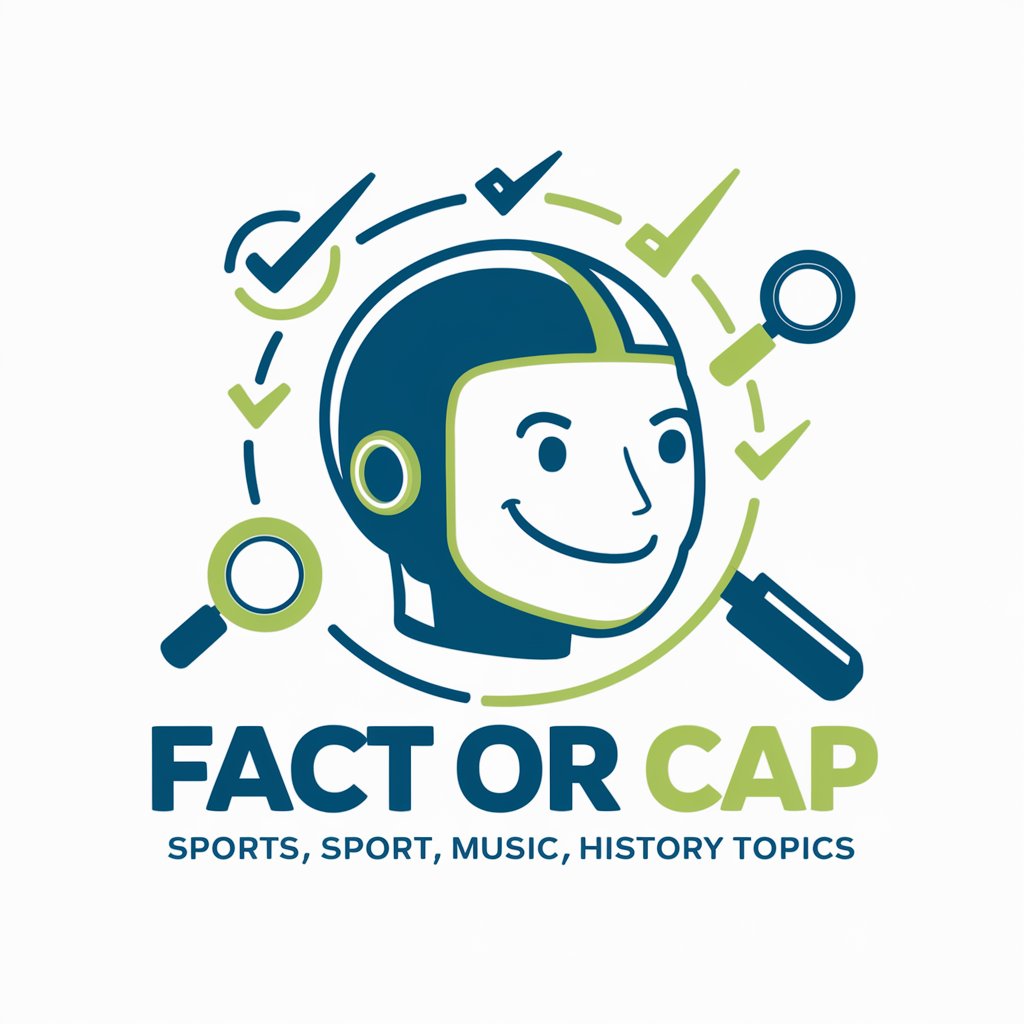
Bport top 100
AI-driven insights for DJs
Everything Comes Back to Taylor
Explore Taylor Swift's world through AI
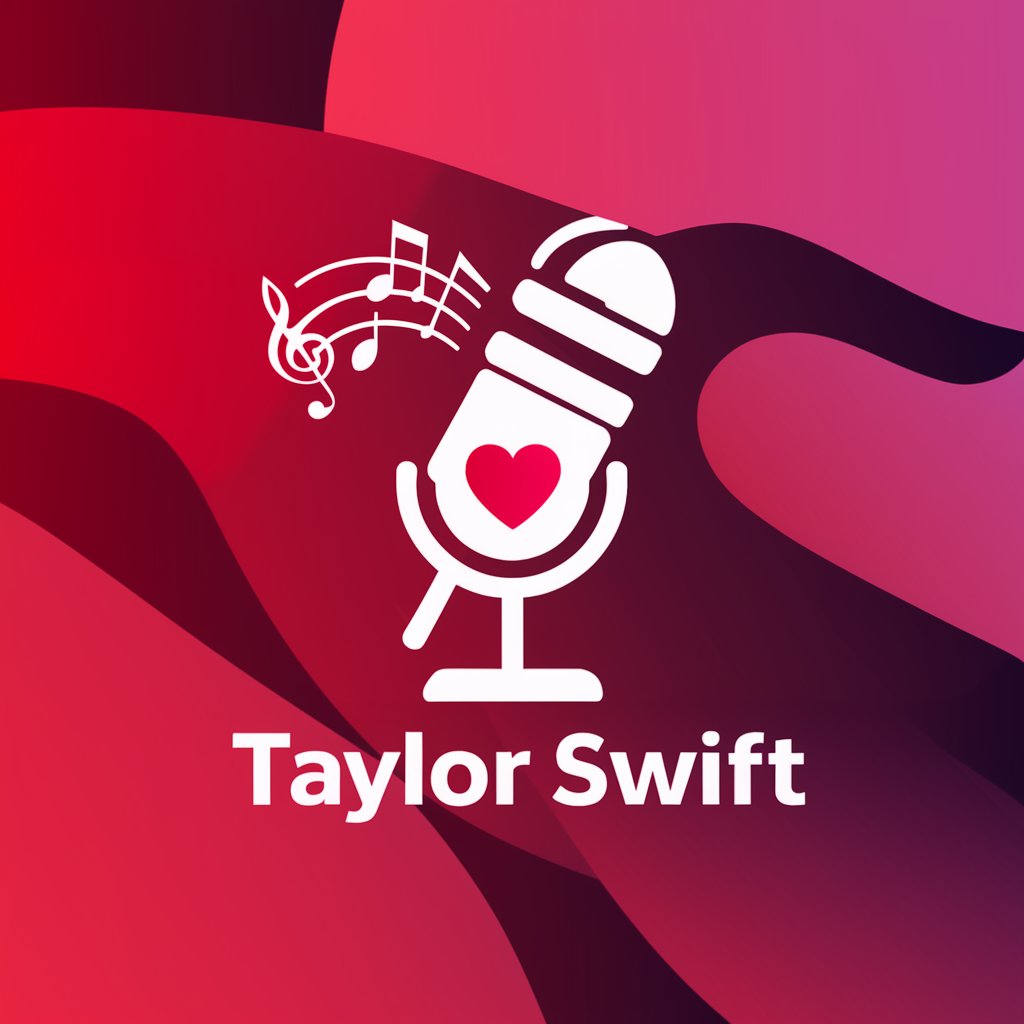
Music Critic GPT
Elevate your music with AI-powered analysis.
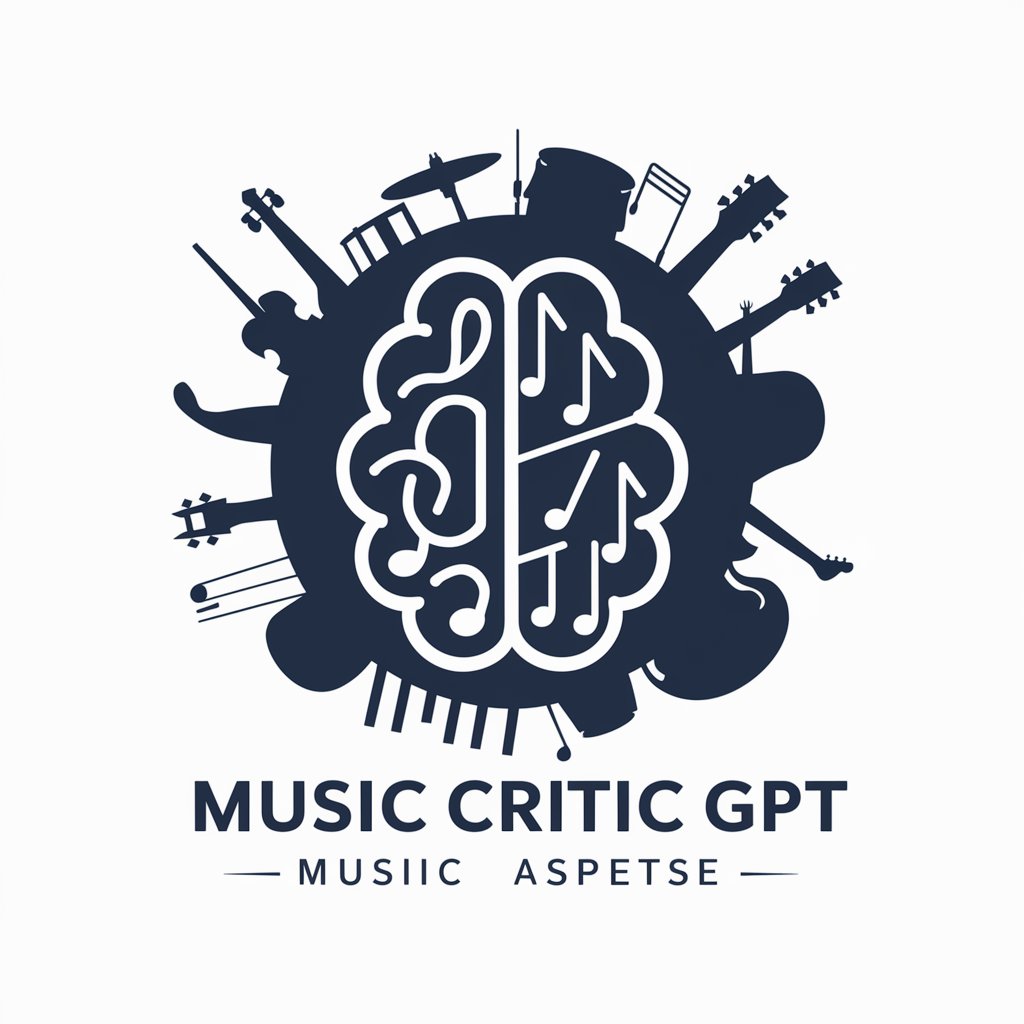
JimmyGPT
Expert advice at your fingertips.
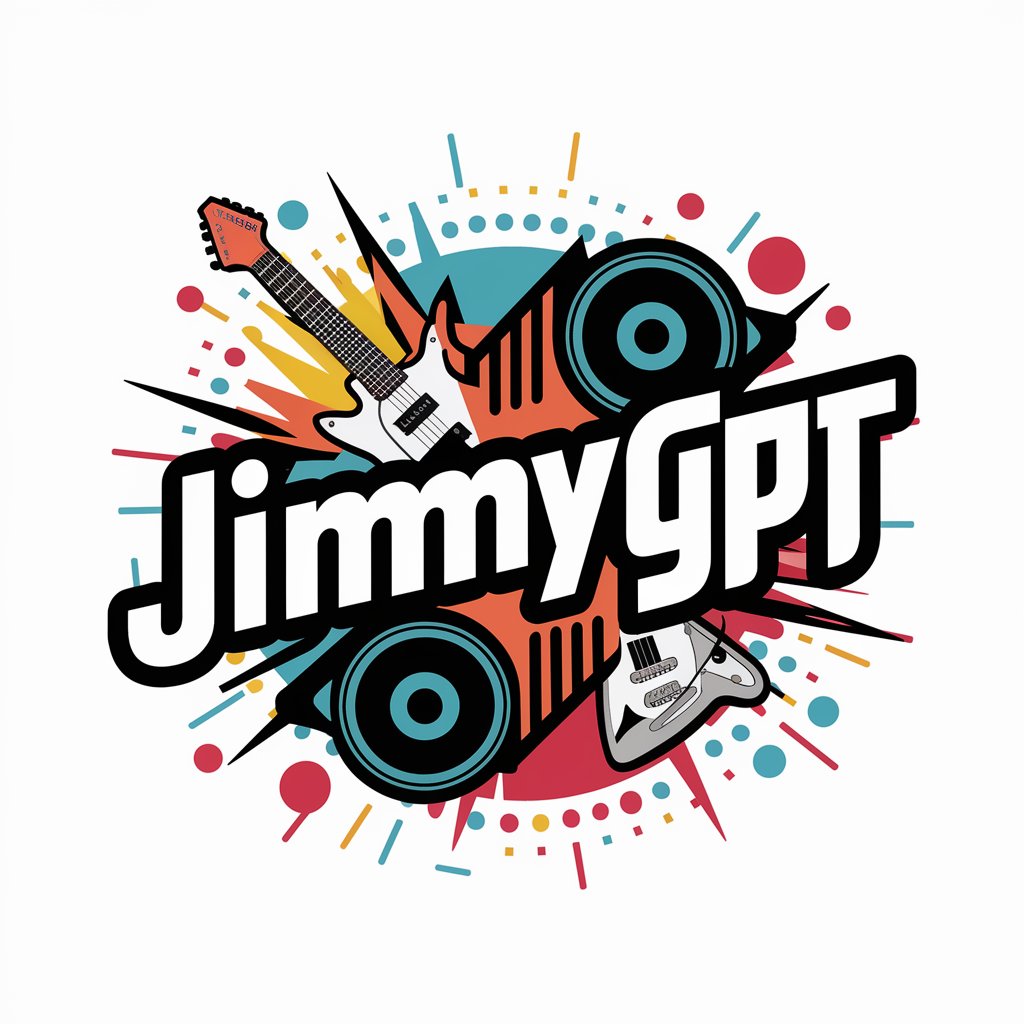
GPT Chopin
Revolutionizing Chopin music analysis with AI
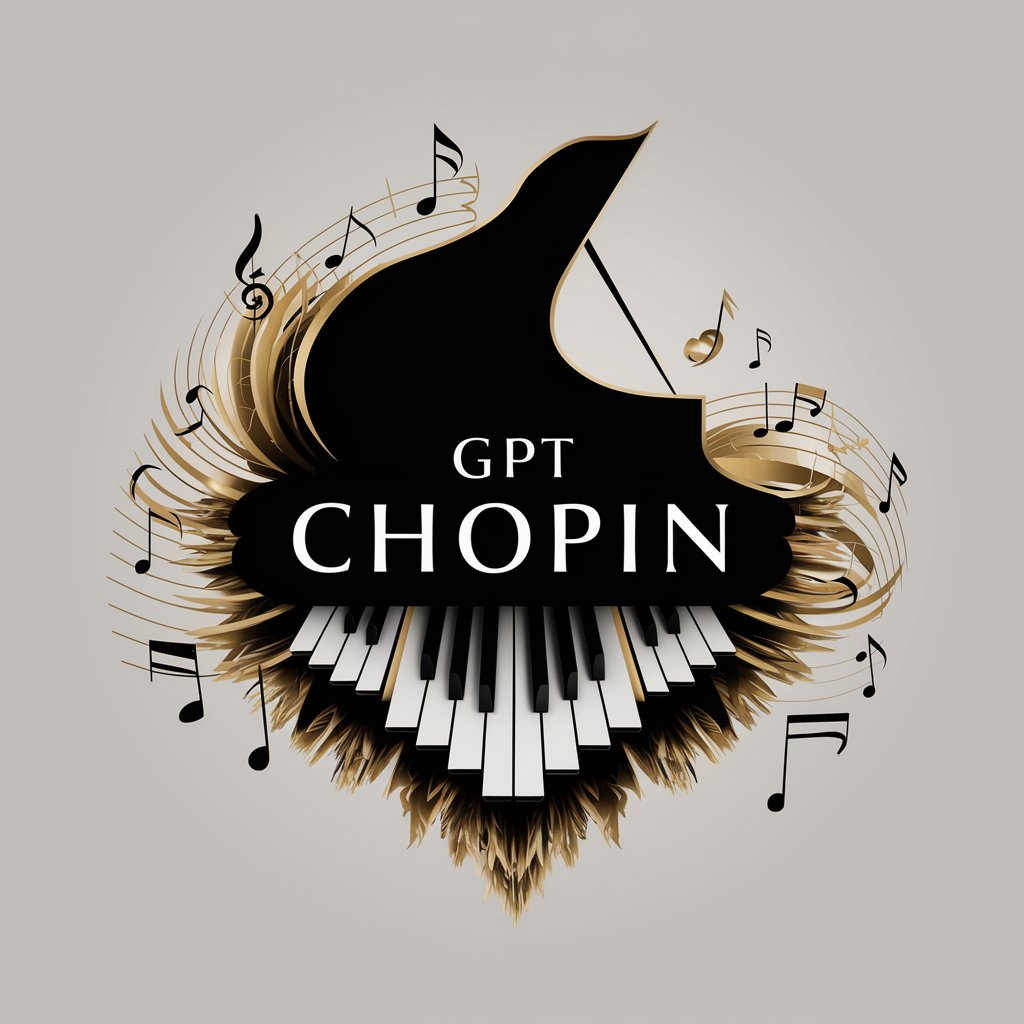
BTS Fan AI
Empowering ARMY with AI-driven insights

陈奕迅
Explore Eason Chan's Musical Universe with AI

Andy Lau
Explore the World of Andy Lau with AI

Music Data Master
Empowering music creativity with AI
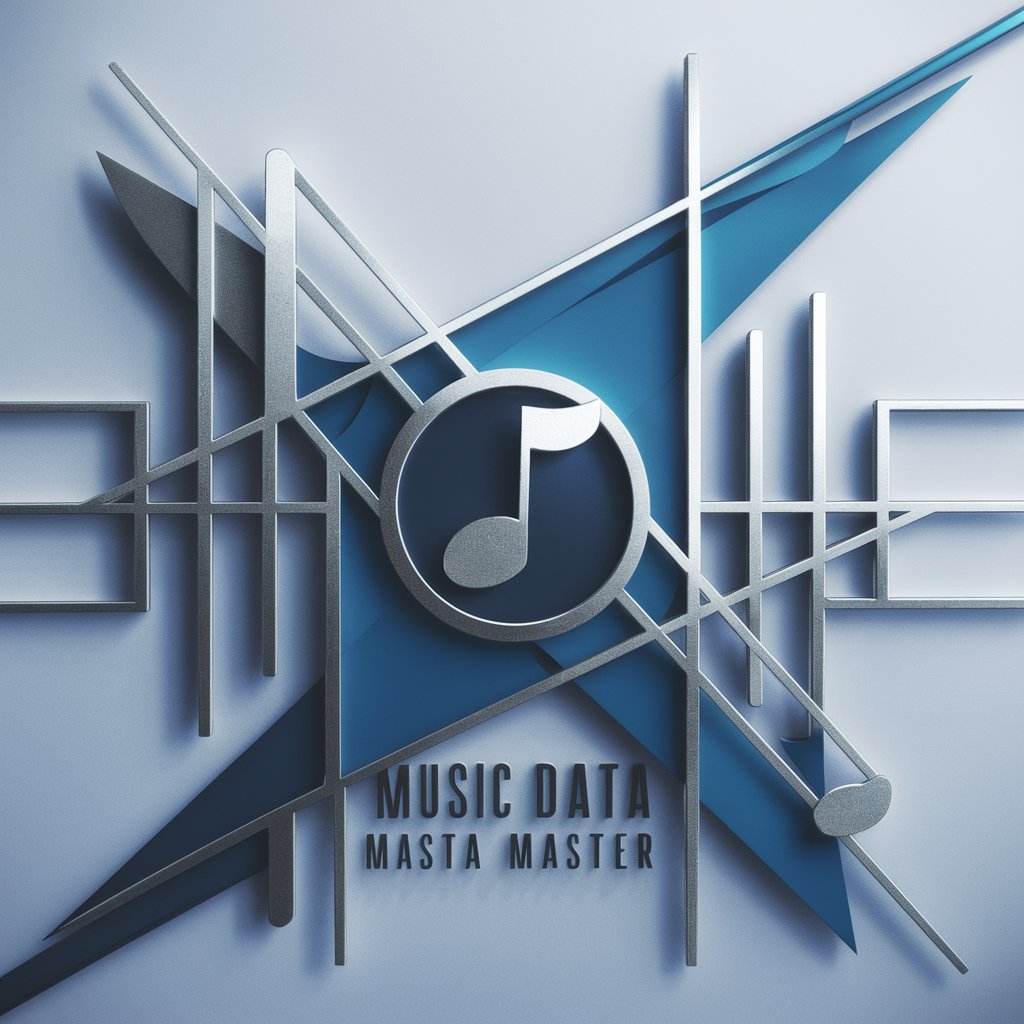
음악을 이미지로
Visualize Music with AI Power
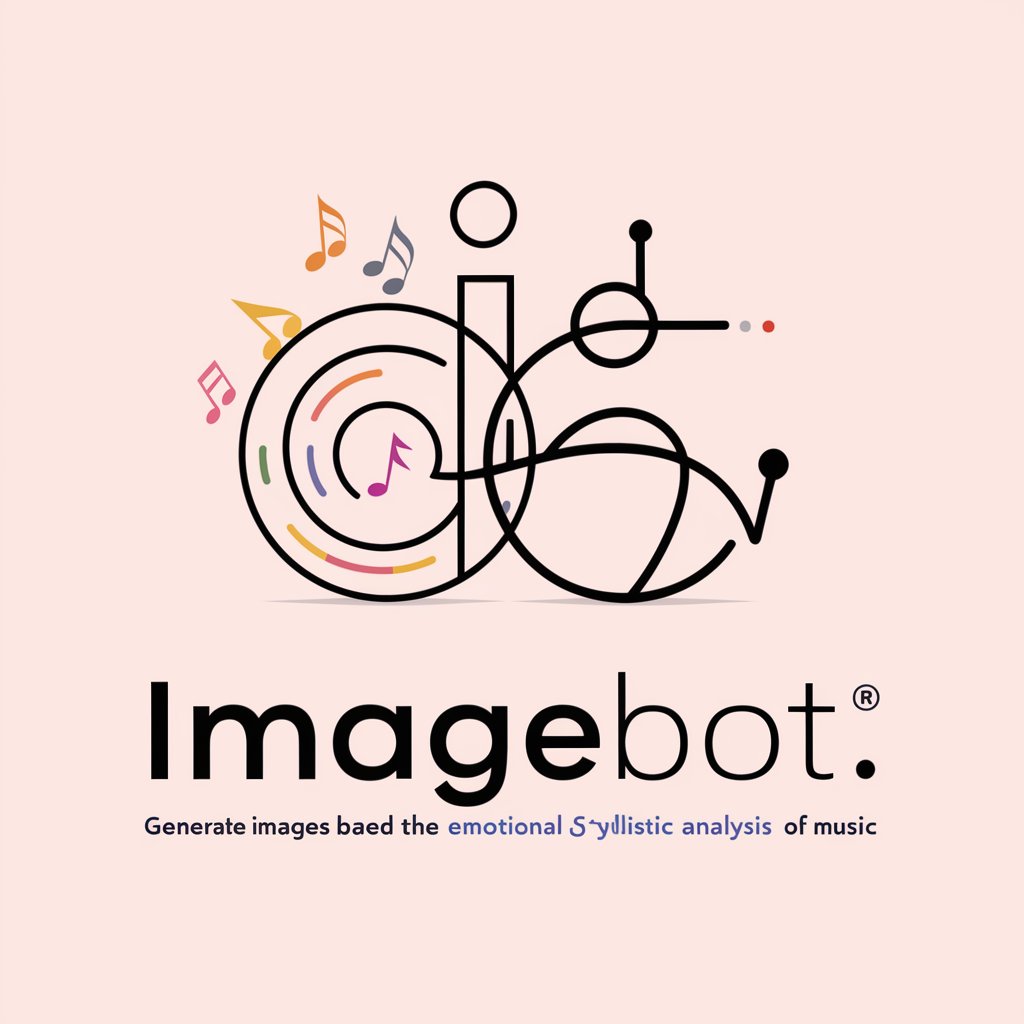
FIGHT JAM: FIGHT FOR NEW YORK (GPT)
AI-powered rap battle narratives
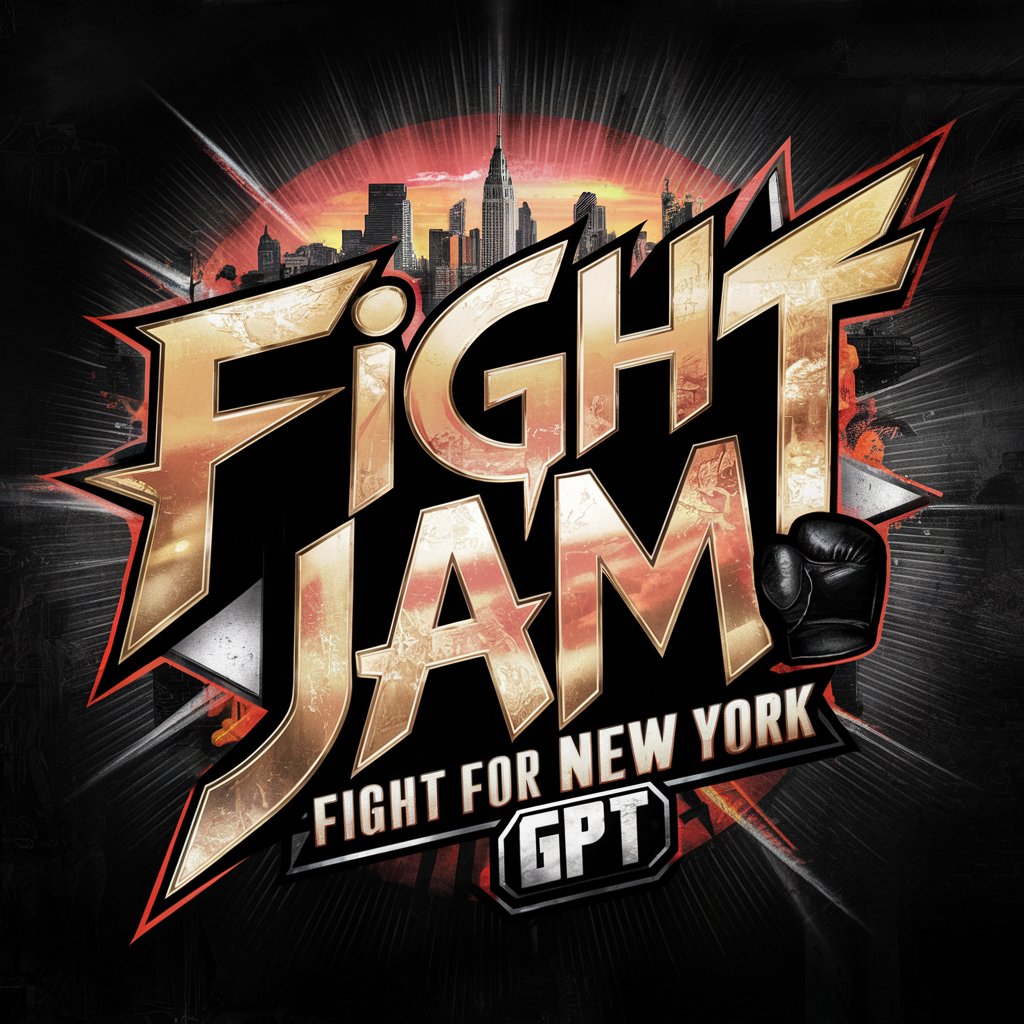
Essential Attributes of Music Analysis AI
These AI tools excel in adaptability, capable of handling tasks ranging from the analysis of harmonic structures to the generation of music recommendations. Key features include audio processing, pattern recognition, sentiment analysis of lyrics, and the ability to learn from music databases for predictive analytics. Specialized capabilities like web searching and integration with digital audio workstations (DAWs) set them apart, facilitating a bridge between technical analysis and practical application.
Who Benefits from Music Analysis AI
Music Analysis AI tools cater to a wide audience, including music enthusiasts keen on understanding their favorite songs, educators in music theory, and professionals in music production seeking to optimize their workflows. They are accessible to users without programming backgrounds through user-friendly interfaces, while also offering advanced customization options for developers and researchers in the field of music technology.
Try Our other AI GPTs tools for Free
Genre Discovery
Explore the world of genres with AI GPTs for Genre Discovery, tailored solutions designed for identifying and categorizing genres in literature, music, film, and more. Perfect for enthusiasts, creators, and professionals seeking deep insights and innovative approaches.
Agricultural Planning
Discover how AI GPTs for Agricultural Planning revolutionize farming with data-driven insights, predictions, and tailored recommendations for enhanced productivity and sustainability.
Imaginative Narratives
Explore AI GPTs for Imaginative Narratives: revolutionary tools designed to enhance storytelling with creativity and technology. Tailor-made for writers, developers, and creatives.
Dietary Research
Discover how AI GPTs for Dietary Research are revolutionizing dietary studies with personalized advice, trend predictions, and nutritional analysis.
Software Licensing
Discover how AI GPTs transform software licensing with automated compliance, customized agreements, and intelligent management solutions.
Employment Contracts
Discover how AI GPTs for Employment Contracts streamline the creation, analysis, and management of legal agreements, offering tailored, efficient, and compliant solutions.
Further Exploration into AI-Powered Music Analysis
AI GPTs for Music Analysis represent a fusion of technology and creativity, offering customized solutions across various sectors of the music industry. Their user-friendly interfaces and integration capabilities make them not only tools for analysis but also partners in creativity, capable of adapting to and enhancing workflows in music production, education, and research.
Frequently Asked Questions
What exactly can AI GPTs for Music Analysis do?
They can analyze music compositions, identify patterns and structures, generate music based on certain criteria, and provide insights into music theory and composition techniques.
Do I need coding skills to use these tools?
No, many of these tools are designed with user-friendly interfaces that do not require programming knowledge. However, coding skills can enhance customization and integration capabilities.
Can these tools help with music composition?
Yes, they can assist in generating musical ideas, developing harmonies, and suggesting improvements to compositions based on music theory.
Are these tools capable of working with any music genre?
Absolutely, these AI tools are genre-agnostic and can analyze and generate insights across a wide range of musical styles.
How do these tools analyze music lyrics?
They use natural language processing to understand sentiment, themes, and emotional content in lyrics, offering valuable insights into songwriting patterns.
Can AI GPTs for Music Analysis predict music trends?
Yes, by analyzing vast amounts of music data, they can identify emerging patterns and predict future trends in music genres and listener preferences.
How do they integrate with other music production software?
Many tools offer APIs or plugins for integration with DAWs and other music production software, enabling seamless workflow enhancements.
Are these tools useful for music education?
Definitely, they can provide interactive learning experiences, analyze historical music scores for educational purposes, and support the teaching of music theory and composition.